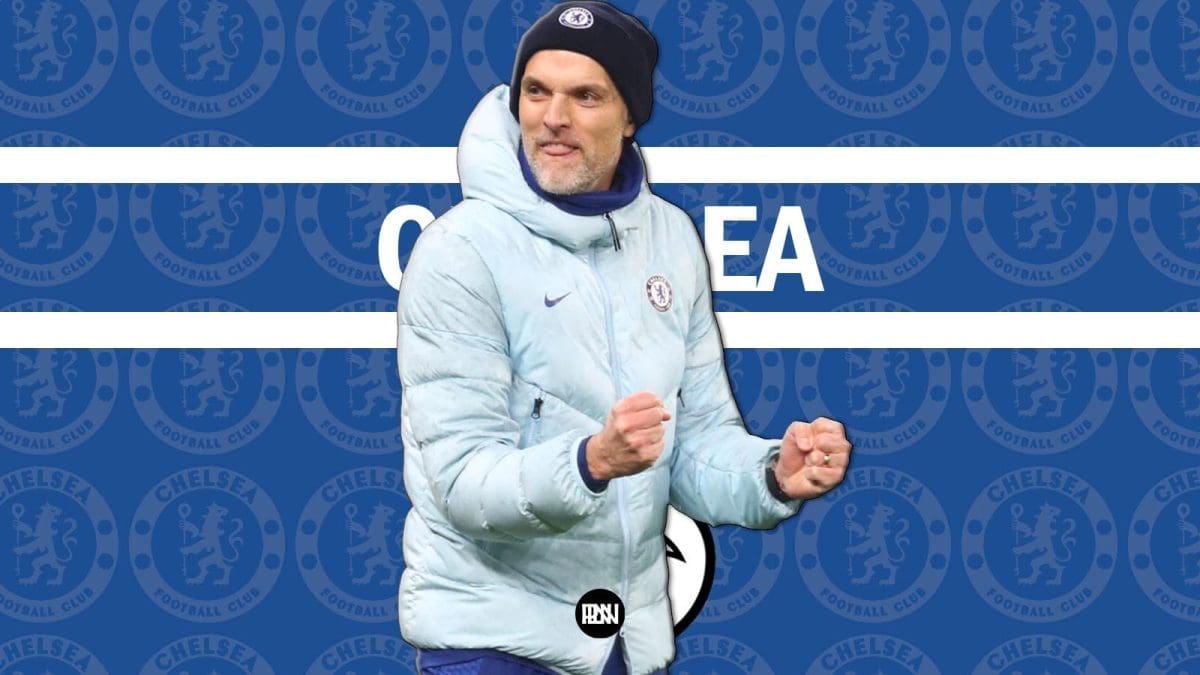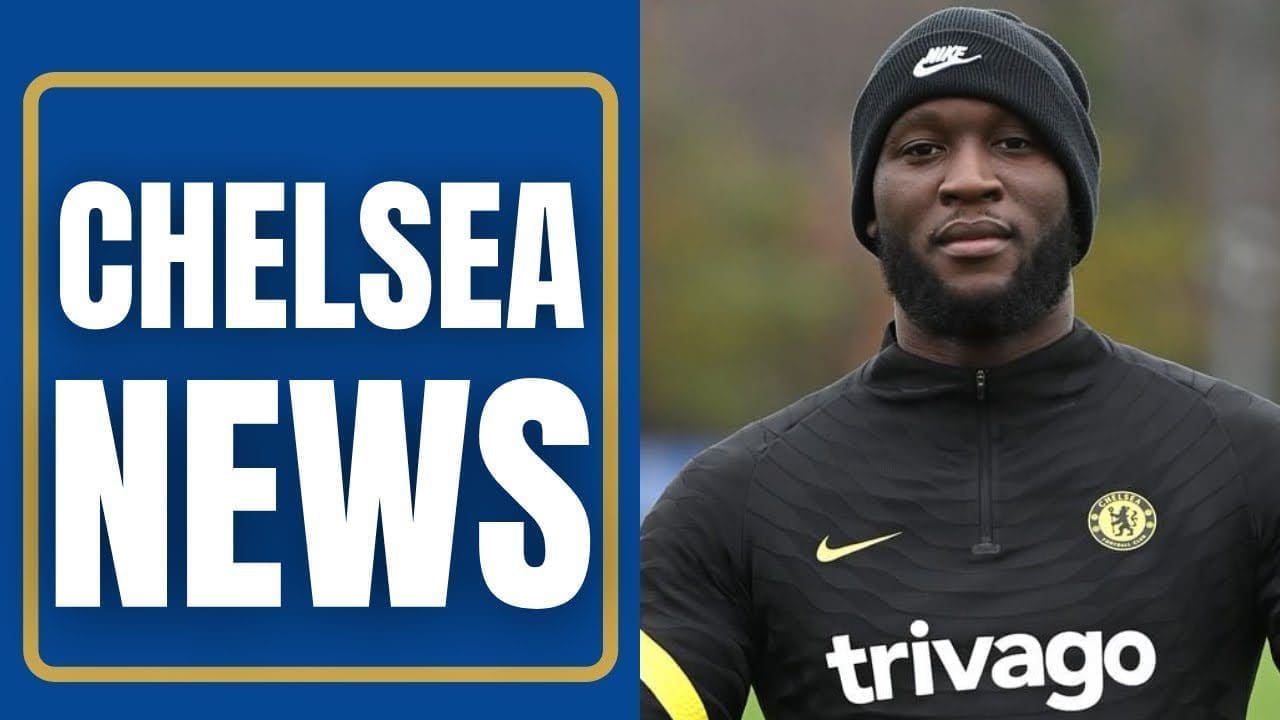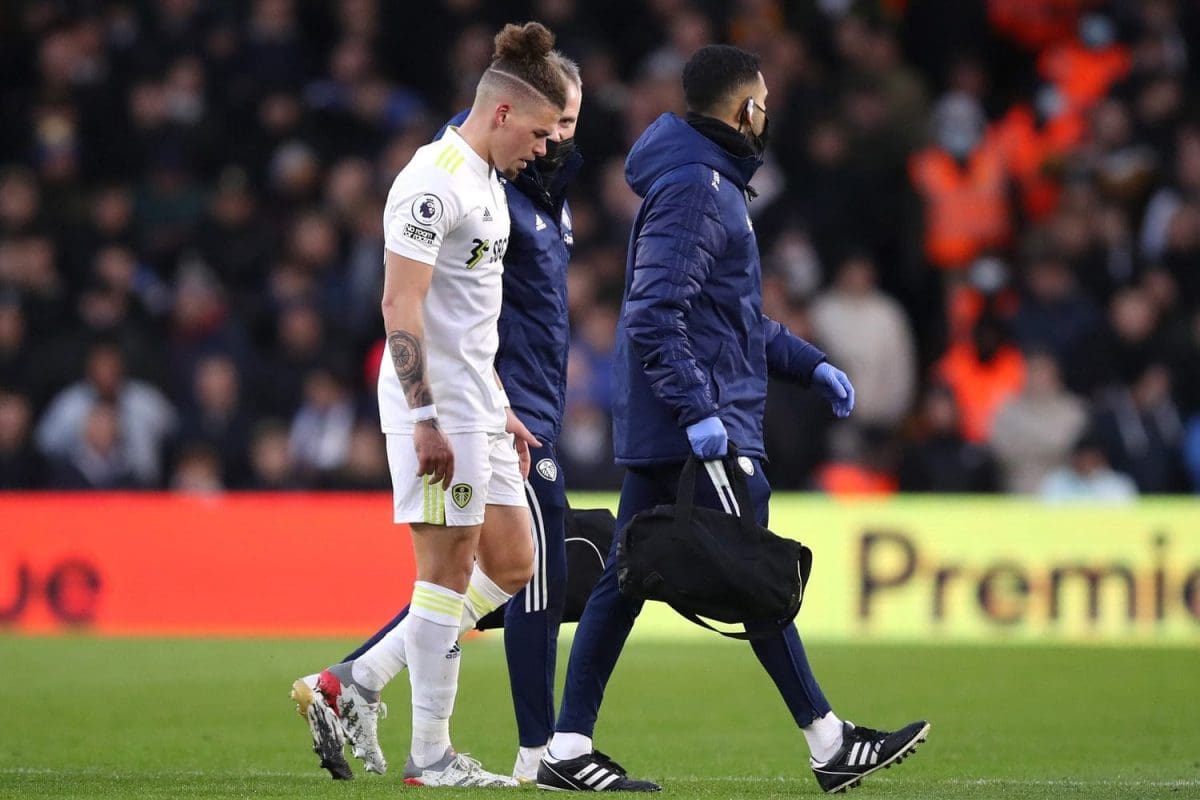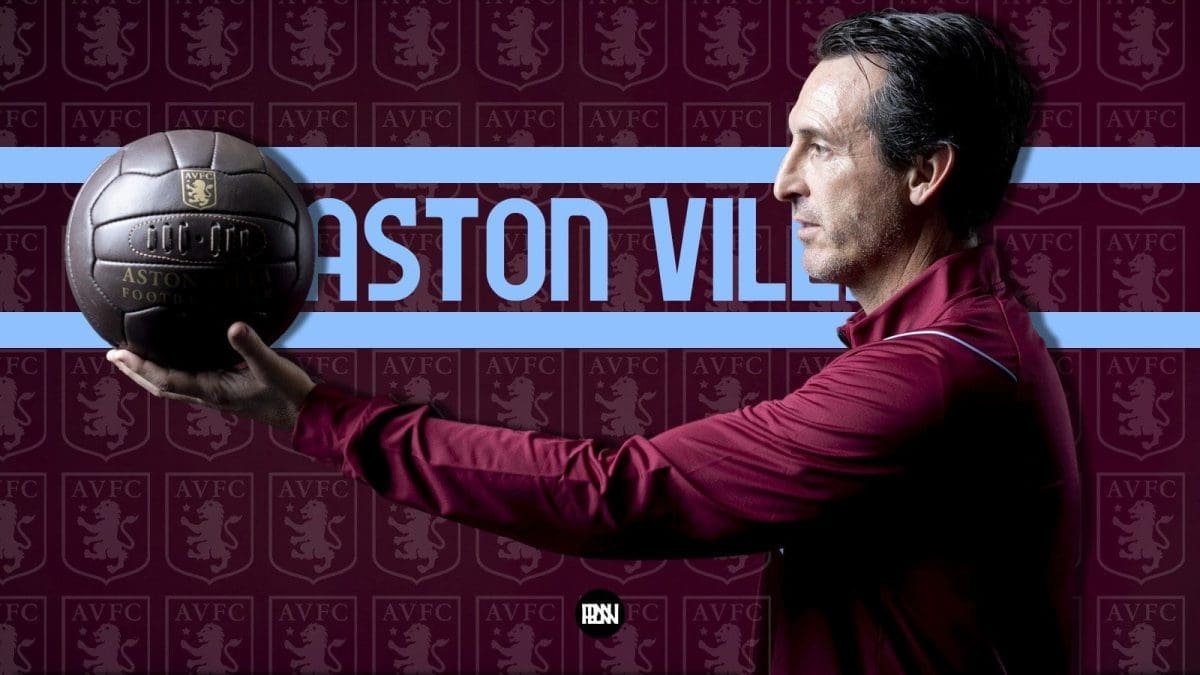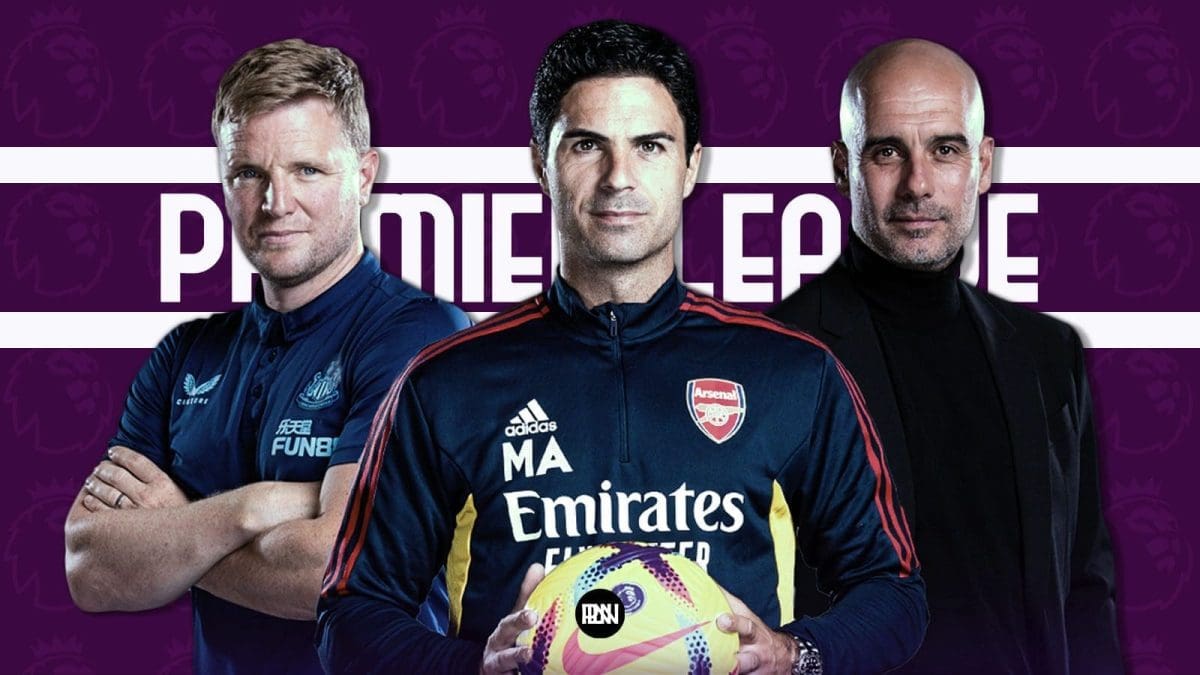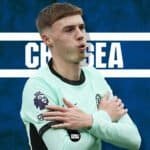It is almost unreal to comprehend the statistics Thomas Tuchel has achieved at Chelsea since agreeing to sign for them during a chaotic atmosphere following the sacking of Frank Lampard. It was a weird mix of emotions. The hierarchy and the players knew the reasons behind sacking the legend but it almost broke every fan into pieces due to his stature, love for the London outfit, and initiative to promote the youth of the club into the senior team during his first season in charge. But something had to change, and Roman Abramovich acted swiftly, as he has done since taking over the club nearly two decades ago.
They approached Tuchel as they were aware that the German was ready to go back into management after being ruthlessly sacked by Paris Saint-Germain only a month ago. He had kept the club top of the table in the league and helped the French outfit come out as a winner in a Champions League group that contained Manchester United and RB Leipzig. However, loggerheads with the sporting director, Leonardo, and some of the stars in the team, meant that he had to find a new home, as has been the cause of failure with each of his predecessors.
But it was a rather odd appointment. As we now know, Ralf Rangnick was also approached for the job. Former PSG manager, Laurent Blanc, was also sounded out, as was Brendan Rodgers. The latter duo, in particular, are more pragmatic coaches. They have a certain balance of play and a systematic approach towards the game. From what one saw during the time Tuchel was at Dortmund, his sides knew how to attack but lacked defensive discipline. He never addressed it as a deficiency but accepted it as a flaw in his attractive style of play. PSG were no different. He had the crème de la crème of the game in his hands, but that had its own problems. Yet, he remains the only manager in the history of the club to lead them to a Champions League final.
So, there was obviously something about him, and he had the perfect CV. His brand of football was exciting and suit the kind of squad Chelsea were brewing in their ranks. He learnt the art of man-management of top stars at PSG and gained substantial experience in the Champions League.
However, few knew about his tactical efficiency of coaching defence. It is not something one associate with the German managers of the modern generation. Liverpool managed to succeed as a defensive unit under Jurgen Klopp in only his third season in charge after the arrival of Virgil van Dijk. Julian Nagelsmann, for all his talent, was never the best at keeping the opposition attack at bay. Hansi Flick exceeded expectations with an incredible Bayern Munich squad but did often squander goals. Ralf Rangnick was a mentor to all of these coaches in one way or the other, and he too was not somebody who practised the defensive part of the game more than what happened in the attacking phase.
Regardless, Tuchel wanted to wreck the curve and end the stereotype. In his first game in charge, he employed the experienced lot and gained his first clean-sheet of the season. But that was not an anomaly. Those players were carrying out the exact tactics he asked them to execute. It felt like Jorginho was a defensive liability, but he was suddenly looking more effective than anybody else on the pitch. His managerial display in the second half of last season was nothing short of genius. In the 19 league games he managed, his side kept 13 clean sheets. Out of his 7 UCL games, the Blues garnered 5 clean sheets and conceded only twice. Thus, their Champions League triumph was well deserved, and few could argue about it.
But there were doubts whether his side could manage to do the same in a new season. Every club would start fresher, stronger, and have their eye on the biggest title in the continent. Chelsea have marched on in the same fashion this season as they ended their last one.
They have conceded only nine league goals this season, three of which being against the Hammers — this single-handedly shows how much progress Tuchel has made at the back. In the UCL, they have conceded twice in five games but are leading the table and are primed to finish at the top. Their EFL Cup form has been somewhat of an eye-opener, as they have conceded once in both games, and have needed penalties to secure qualification to the next round. But given that the side was filled with fringe stars and the fact that the opposition was a Premier League club on both occasions, and it can be excused.
All in all, in the 53 games he has managed, the German has achieved 31 clean sheets and has coaxed his side into conceding only 30 goals. It is scary how this number would have been lower, had it not been for the 5-2 debacle against West Brom at the start of April.
However, one must also note that he has quite the squad at his disposal. Edouard Mendy was perhaps the signing of the season last term as his shot-stopping abilities in close range have been mesmerizing. Kepa Arrizabalaga is turning into an able deputy and looks far more confident when the pressure is off him. Since the start of the season, he has come through in three penalty shootouts, including the one against Villarreal in the UEFA Super Cup final.

The midfield is not short of plaudits either. Jorginho has turned into a midfield metronome and is covering every stride of the pitch under a manager who believes in him. In fact, one might also argue that the current system has been built around the Italian, thereby negating all his deficiencies. N’Golo Kante is just unassailable in every team and under every coach. His injuries have stopped and started his progress under Tuchel, but he makes it a point to cover every blade of grass whenever he steps onto the pitch. Mateo Kovacic is the most complete midfielder and is the best of both Kante and Jorginho. He has the lungs to track back and run ahead constantly while he also possesses a sharp-witted passing discipline and an unerring ability to dribble past players. Ruben Loftus Cheek looked down and out at Chelsea before the gaffer thought his abilities could be valuable in central midfield instead of further up the pitch. He is moving like a gazelle on the ball and has the massive stature to defend comfortably against the best. Saul Niguez is yet to hit his stride in the famous blue shirt and might not be retained by the club next season.
The frontline may look confused in the final third but are surprisingly cohesive without it. Mason Mount might be the dream player for Tuchel, due to his ability to keep on pressing and winning the ball in great areas. He was the standout player last season but looks a little fatigued this year. He is bound to get going in the second half of the season. Hakim Ziyech looked the best player in pre-season and carried it into the UEFA Super Cup final as he scored before getting injured. It has taken him a while to get going again, but it is now starting to appear he is ready for the challenge now. Christian Pulisic was the hero in the latter stages of the UCL last season but injures have made it impossible for him to be consistent this term. Callum Hudson-Odoi was employed as wing-back last season in the back three system but he has stuck it out under the new boss and is finally playing in his preferred position on the left-wing. He lacked the defensive touch in the beginning but is tracking back constantly these days. Kai Havertz is a tough nut and has repeatedly displayed his ability to press from the front. The same can be said for Timo Werner, who has put in enormous running behind closing down the opposition and conceding them into making a mistake in the last nine months. Tuchel is yet to bed Romelu Lukaku into the system but he is not one to shy away from his defensive responsibilities either.
Thus, it is a fantastic group of players that are eager to learn and become the best at the same time. But it has taken a lot for Tuchel to get this squad to become one of the most efficient defences in Europe.
So, what are Chelsea doing so well that is enabling them to keep so many clean sheets? Let us find out.
A) Controlled Pressing:
“You need to be aware of what kind of football you really want to play. A little bit of pressing? Come on, what is a little bit of pressing? A little bit of pressing is like a little bit of pregnancy. Either you are pregnant or not? Either you want to play pressing or not?”
“What is a little bit of pressing? A little bit of pressing is like a little bit of pregnant. I mean, either you are pregnant or not.”
Ralf Rangnick’s interesting take on how to press and having a vision… 😅🤰 #CVLiveWembley
— The Coaches’ Voice (@CoachesVoice) November 27, 2021
These were the words of Ralf Rangnick, current Manchester United boss and Thomas Tuchel’s coach at SV Ulm from back in the day. Applying a press is no easy job, and it requires the complete commitment of all the 10 players on the pitch. If Timo Werner is pressing from the front, Jorginho and N’Golo Kante shall push up and cut down the passing lane in the centre of the pitch. The left-winger shall do the same on his side and the same applies to the right-winger. The defenders will also push up and keep minimal distance from the opposition frontline. If any of them does not execute it properly, it becomes really easy to play through it.
However, they are varying levels to a press. Jurgen Klopp is a fan of gegenpressing, and it requires a lot of running throughout the pitch. This normally works when you have 10 fantastic athletes. Thomas Tuchel does not have the same luxury. Jorginho cannot run about continuously, nor can Thiago Silva. Andreas Christensen and Cesar Azpilicueta could do it, but it would harm their game rather than hone their best qualities. Marcos Alonso might not get a place in the starting line-up if this method is adopted. Thus, with a little modification and a tiny twist, Tuchel changed the way the Blues would press an opposition.
It depends on the opponent’s first move. They are bound to attack at some point, and Chelsea take advantage of this. They try to isolate players in corners and make them concede possession. For example- if the ball switches out to the opponent’s left-winger, Reece James would jump in and try to nick the ball away. N’Golo Kante (the right-sided CM) shall close down the passing angle to pass forward. Similarly, Kai Havertz (right-winger), will close down the passing angle to cut out the backward pass. This inadvertently leaves the opponent no choice but to dribble through the opposition, wherein he runs into traffic and loses the ball.
It is an extremely effective method because while it requires 100% commitment, it does not exhaust the players constantly. Our midfielders are far from workhorses and are known for their qualities on the ball than without it. Tuchel understood when he came in that he will have to adjust his methods to suit the personnel than the other way around. He did not have a pre-season to rely on but he did apply some of his training methods as soon as he was appointed.’
Controlled pressing was going to work only if his players did not give away unnecessary fouls. This brought forward training sessions where the players were seen carrying tennis balls in their hands to disallow them from tugging the opponent. All of this is just part and parcel of paying attention to detail and not leaving any room for errors. Because if you are not fully giving yourself into his methods, the entire ecosystem will fall apart. Thankfully for the hierarchy, fans, and most importantly, Tuchel, the players have bought into his pressing agenda and are enjoying the fruits of it on the pitch.
B) Spaces between the lines:
“The distances are so close, and at the same time they are so wide with the wing-backs, they are so good with the ball in behind. That is why you cannot be close because they push you [out wide], and they have a lot of good players in the middle. That is why it is difficult to face teams who want the ball and want to play with the ball. We have tried to do it since day one.”
🗣️ ‘We’re getting slapped aren’t we? It was fun while it lasted.’
🗣️ ‘This is very clever. Getting inside Tuchel’s head so he changes tactic.’Chelsea fans are terrified as a clip shows Pep Guardiola breaking down Chelsea’s tactics ahead of the final 🐐https://t.co/6qiodsgELh
— SPORTbible (@sportbible) May 29, 2021
Pep Guardiola broke down the tactics of Chelsea before the Champions League final and explained why it is so hard to break them down. But to pick out something really important he touched upon. “The distances are so close”- a valuable tactic the Blues possess in most games. Apart from the centre-backs, every other player that crosses the half-line against the men in blue is closed down quickly. The attack-midfield-defence, run in tandem. The distances between all of them are always constant and if one pushes up, so do the others. But this is not to lay down an offside. It is to win the ball back before the opponent gets a chance to turn and run into a dangerous area.
Few have enjoyed dribbling against the London club this season. They leave little room amongst themselves, and their closing down of the spaces is immaculate. Their triangular method of tending to the empty spaces is very clever indeed. For example-Jorginho plays as an LCM, and N’Golo Kante plays as an RCM. Their roles on the ball might be different, but without possession, they have more or less the same primary duties. Kante will stay in a triangle to the RCB and the central defender, which is, more often than not, Thiago Silva. Similarly, Jorginho will maintain a triangular zone to the LCB and the central defender. Similarly, the LWB will form a triangle with the LCB and the LCM without possession. In possession, he shall do the same with the LCM and the LW. The right side will follow the same method.
This requires awareness, communication, and the basic instinct to cut out the danger. N’Golo Kante excels at it more than anybody else due to his ability to hound the opposition. Jorginho has also excelled in it, but once a player goes through them, he cannot catch up, unlike Kante, who is a dog with a bone. Mason Mount is yet another cheat code of pressing as he never gives up.
This is also why the Blues are so calm without the ball because they all know each other’s duties and where each player will be stationed when the ball enters a particular area. Even if an opponent does beat the press through a lucky deflection or genuine skill and finds a good crossing area, there are separate instructions for that too. For example– if the RCB is beaten and the opponent is ready to cross the ball in the box, the CB shall man the first post, the LCB shall take the central area, the LWB will cover the back post, while the LW will cover the on-rushing opponent full-back. There are no excuses for any errors because every event has a specific plan of action laid out. The coaches and the players strive to attain perfection week after week, and it shows on the pitch on the matchday.
C) Set-piece specialists:
Chelsea have made strides over backing up the goal from the set pieces, having only conceded to West Ham from the deal ball situation this season and avoided it for the major part of last season as well. One of the biggest drawbacks of our defensive structure under Frank Lampard was the vulnerability through corners and free-kicks. Part of the reason was Arrizabalaga, as the Spaniard would rarely come out to claim the ball or punch it out. If he did, he would often be dominated due to his relatively small stature. But these issues persisted in small numbers with Mendy as well.
Tuchel completely whitewashed these problems. He employed a combination of a zonal marking system and man-marking the important players of the opponent. For example, there was always a man close to Liverpool ace Virgil van Dijk during corners when the two sides met at the end of August. The same was done against Brentford star Ivan Toney.
The method has worked wonders, and it also helps that Mendy, more often than not, cuts out the danger by claiming the ball. But it is important to understand how the Blues are getting things right. They often keep the opposite full-back at the near post and the other one manning the far post. Emphasis is also placed on either Lukaku or Havertz winning a short corner. They are the tallest of the bunch and often clear the ball effectively. The three centre-backs are placed in the middle of the chaotic penalty box to wrestle the burliest men of the opposition. The Blues end up winning the first ball and eventually the second ball too, at times. If the second ball falls into opposition hands, several men are rushing to block the shot. Thus, Chelsea have avoided goals from corners through this strategy.
The tactics during a free-kick are no different. The centre-backs are placed in amongst a herd of men, with the two wing-backs at the end of either side. The forwards are mainly forming the wall, or become a part of the hoop-la in the herd of players if the free-kick is from a steeper angle. Winning the first ball is essential but it also helps that the Senegalese goalkeeper maintains a line of communication with the players and collects the ball in his clutches if the set-piece is wayward or mis-hit. Very few times has a free-kick been threatening to the Blues this season, but when it has, they have gotten rid of it almost instantaneously. Thiago Silva, in particular, is an excellent reader of the ball and is often in the right place at the right time to avoid any sort of danger.
The appointment of Anthony Barry (set-piece coach) in the summer has proved to be a success, as he is also often seen barking out instructions from the touchline when the men in blue have conceded free-kicks in dangerous areas.
All in all, this is the three-pronged approach the Stamford Bridge outfit apply against the best and the worst teams in Europe. Their performance levels and discipline towards the game rarely drops and it is no surprise that every member performs well whenever called upon. Tuchel apparently makes his players work extra hard during training to get the finer details right and to keep up the intensity levels. A lot about their matches depends upon their energy levels. The tactics shall only work when each player is carrying out with 101% of the intentions of doing so. The German boss always calls for perfection in a game and while we have achieved it in some, it is yet to come together completely. One must think what the 48-year-old manager could do if all of his players were fit at all times. But that is an ideal world, and the gaffer is well aware of the problems every team faces throughout the season. The defence is sorted out for now, but it hardly means that Tuchel will stop working on it because he is not going to give them a break until Chelsea are mathematically deemed winners of the Premier League once again.
MUST READ: How fullbacks are changing the Premier League: A breakdown!


